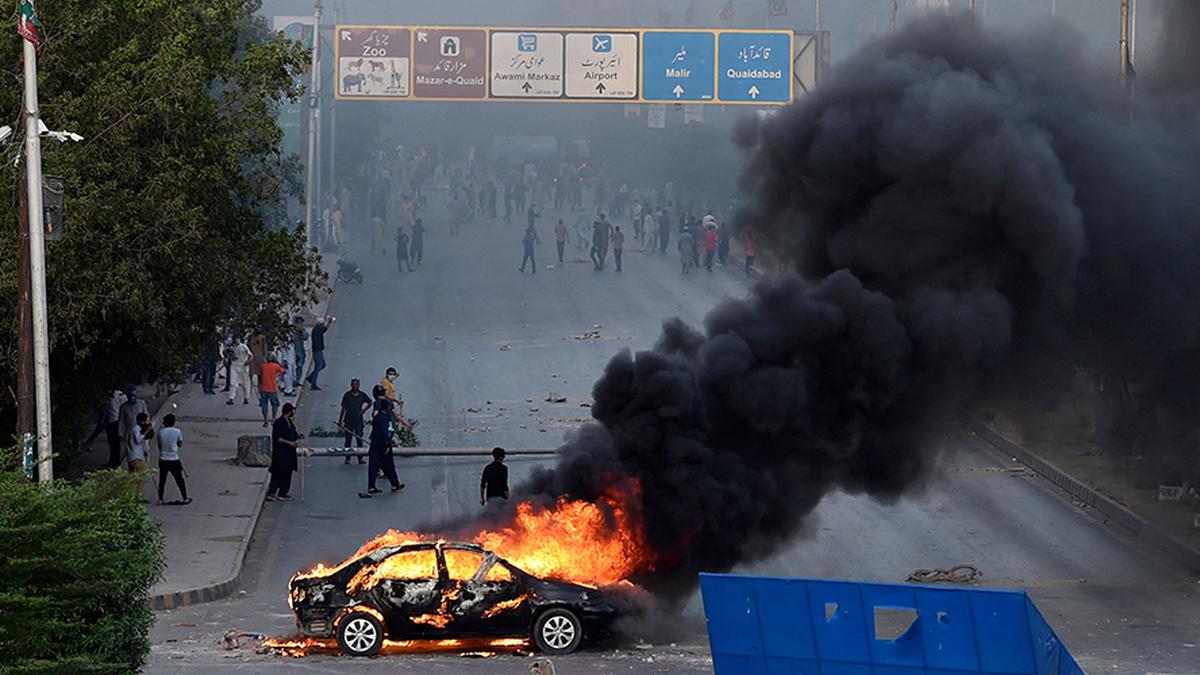
Dissecting Pakistan’s cypher saga
The HinduThe setting up of a special court in Pakistan to look into the cases filed against former Prime Minister Imran Khan and his senior cabinet Ministers, including former Foreign Minister Shah Mehmood Qureshi, under the Official Secrets Act is sharpening the spotlight over the mysterious diplomatic “cypher” that has held Pakistani polity in thrall for more than a year. Referring to the U.S.’s belief that the former PM, who was at odds with the Pakistani Military establishment on Ukraine was overly tilting towards Moscow, Mr. Lu purportedly said, “I think if the no-confidence vote against the Prime Minister succeeds, all will be forgiven in Washington because the Russia visit is being looked at as a decision by the Prime Minister”. In addition, Pakistan’s red carpet for the Ukrainian Foreign Minister Dmitry Kuleba, who visited Islamabad in July, points to a big change in the country’s policy, and appeared to confirm reports that Pakistan is helping Ukraine with weapons exports, at the prompting of the U.S. A message to the subcontinent What also emerges is the U.S.’s complete silence over the treatment meted out to Imran Khan by the opposition — over more than 100 cases filed against Mr. Khan including serious terror charges, his arrest and that of all senior opposition leaders, as well as over the OSA case against him and three cabinet ministers over the leak of the cypher, just as Pakistan heads for general elections. After sanctioning members of Sheikh Hasina’s crack counter-terror force, the Rapid Action Battalion, for alleged human rights violations, the U.S. State Department imposed a new visa policy for Bangladesh in May this year — any Bangladeshi official, judge, law enforcement officer or politician that was “found to be impeding or undermining free and fair elections” in Bangladesh would be ineligible for U.S. visas, along with their families.
History of this topic
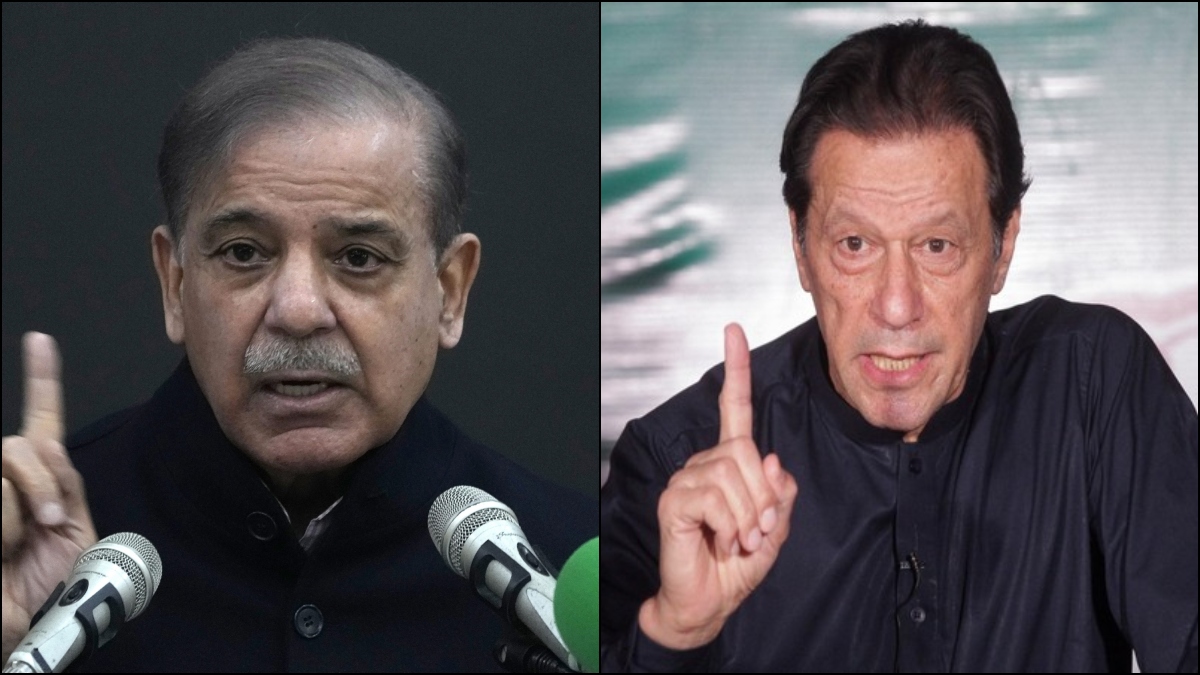
Pakistan PM extends olive branch to imprisoned Imran Khan, says 'let's sit and talk' amid sharp rivalries
India TV News
Former Pakistan PM Imran Khan gets 10-year jail term, party says
The Hindu
Pakistan arrests opposition leader Shah Mehmood Qureshi in ‘cypher’ case
Al Jazeera
Imran Khan may be charged with treason in cypher case: Pakistan Defence Minister
India Today
’Ex-Pakistan PM Imran Khan could be jailed if…’: Law Minister Azam Tarar
Live Mint)
Pakistan Cabinet approves legal action against Imran Khan over leaked 'foreign conspiracy' cypher audios: Report
Firstpost
Pakistan's ex-PM Imran Khan threatens to 'reveal everything' if harassment of his party workers continues
India Today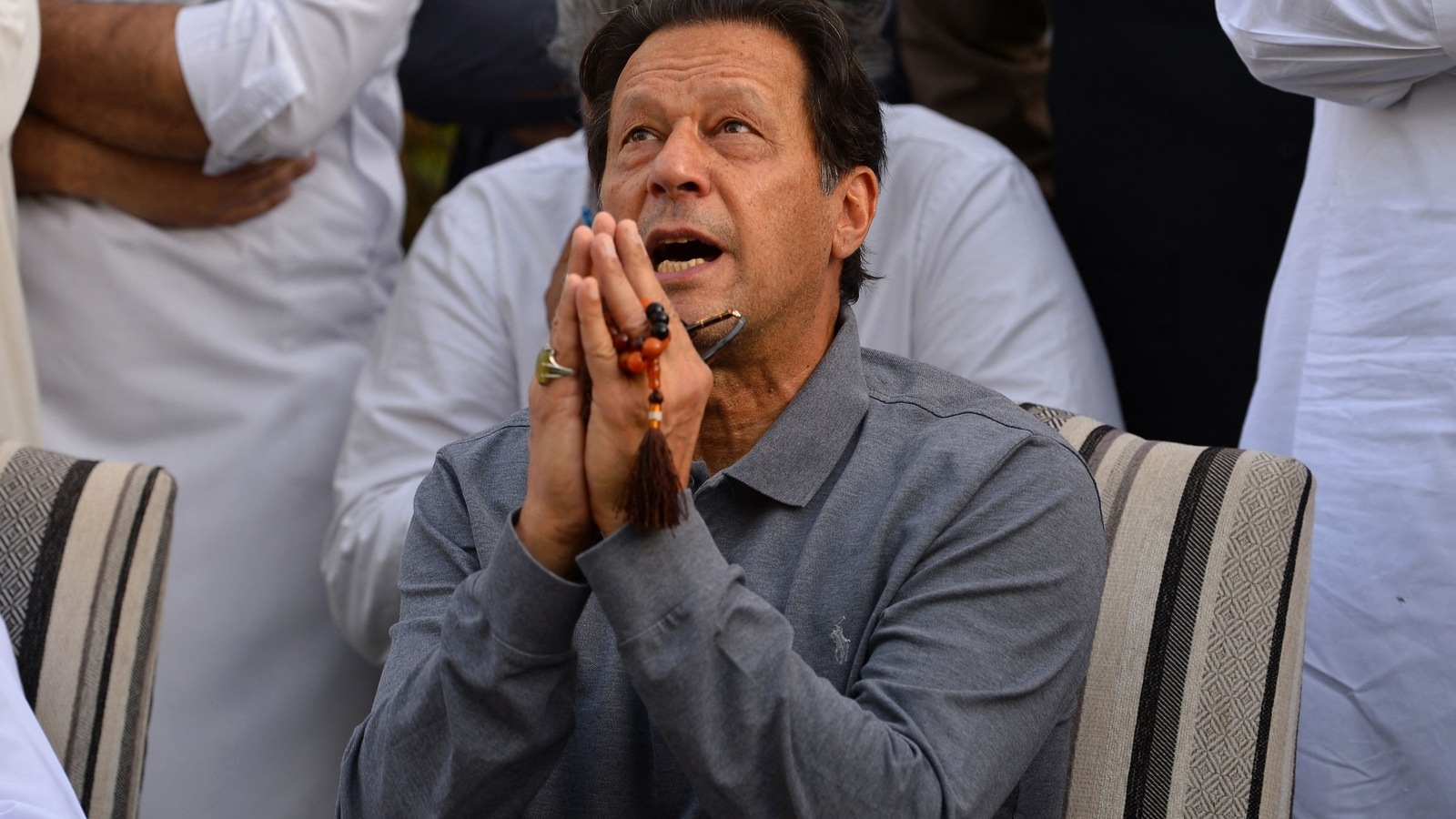
'For God's sake, please don't come to me': Imran Khan's message to Shahbaz Sharif
Hindustan Times
Pakistan: 'No foreign conspiracy to topple Imran Khan govt', says NSC
Op India)
Pakistan's Imran Khan claims US diplomat Donald Lu involved in 'conspiracy' to topple his government
Firstpost
Imran Khan claims US diplomat Donald Lu involved in \'conspiracy\' to topple his govt
Deccan ChronicleExplained: Why Pakistan PM Imran Khan is blaming the West for his downfall
The Hindu
Those who backstabbed PM Imran Khan will face humiliation at public's hands, says Pak minister
India TodayDiscover Related

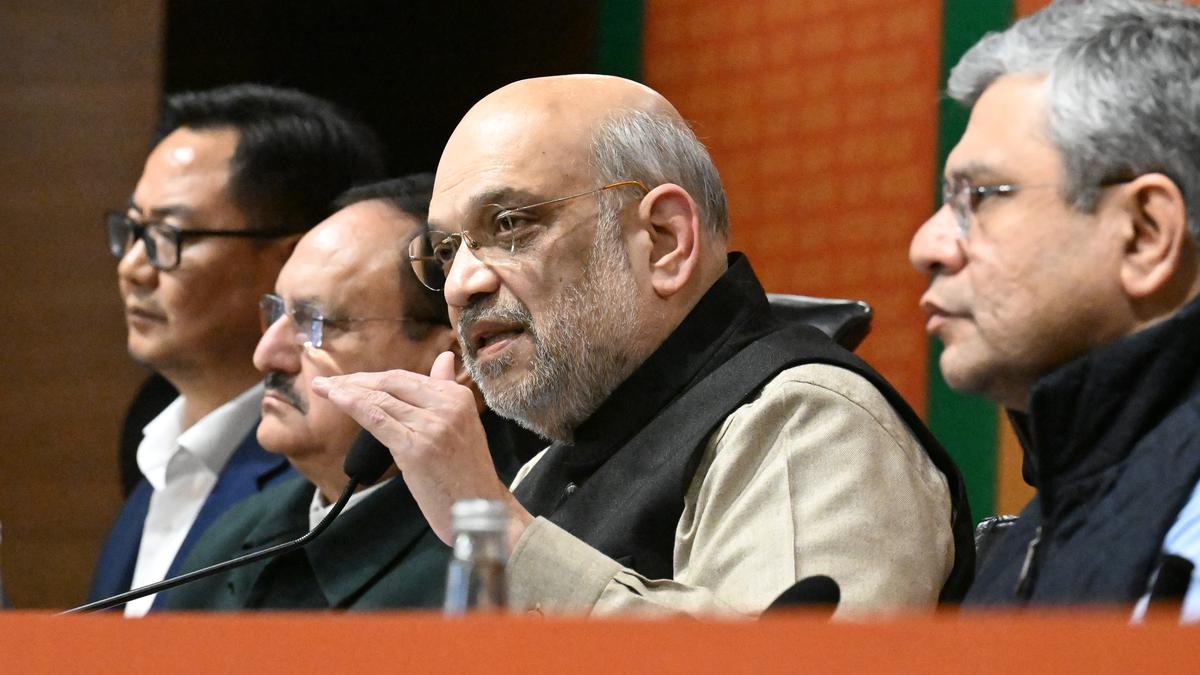

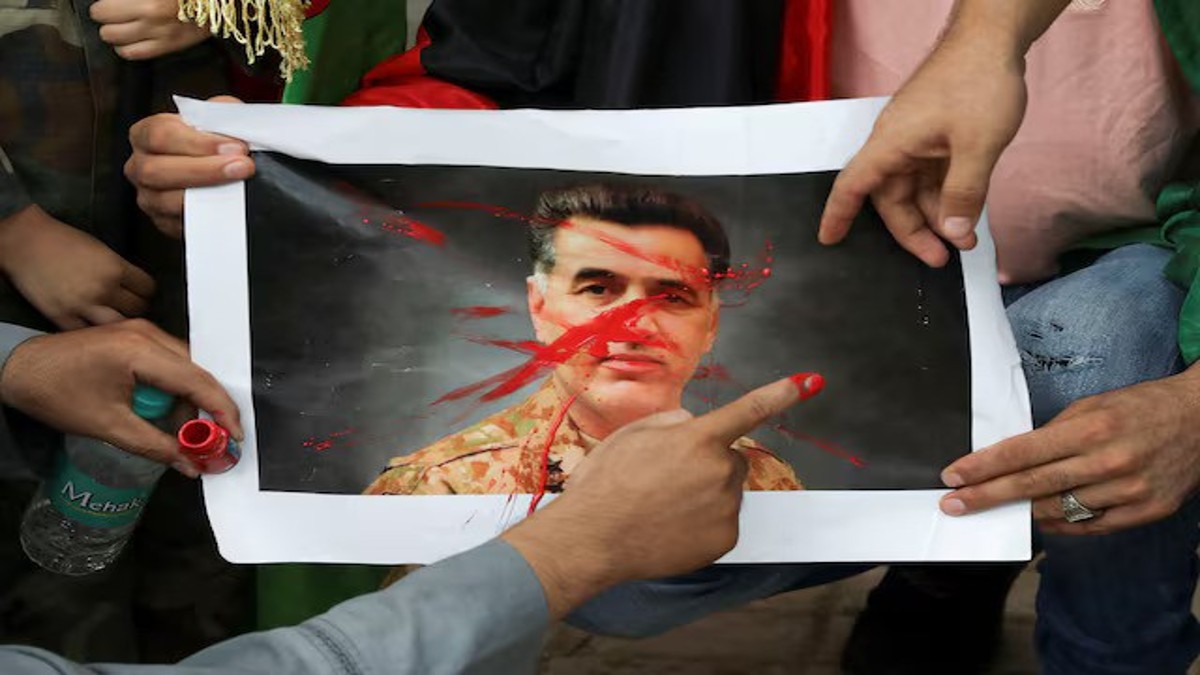)
)

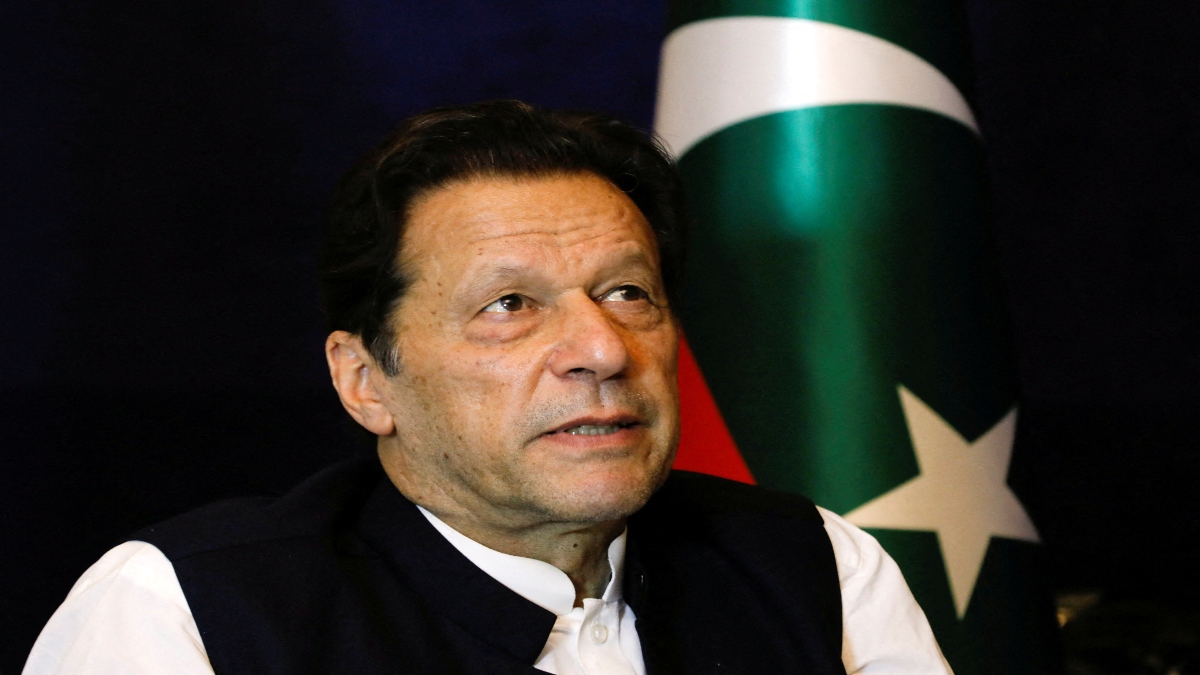)

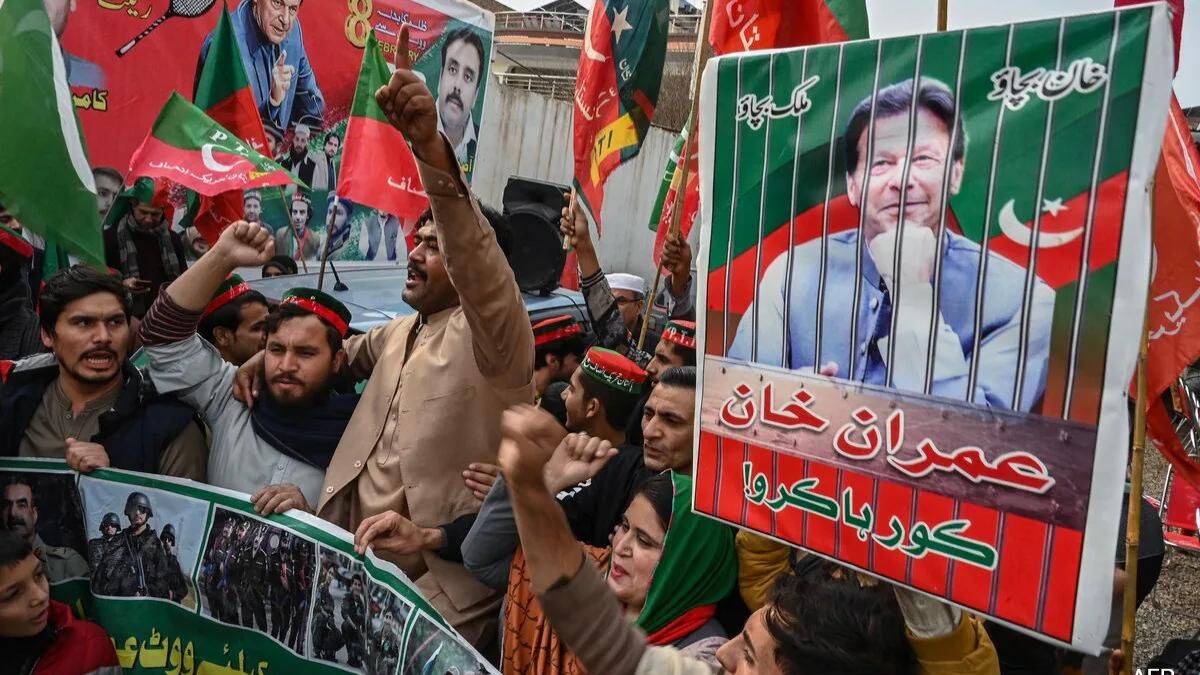)
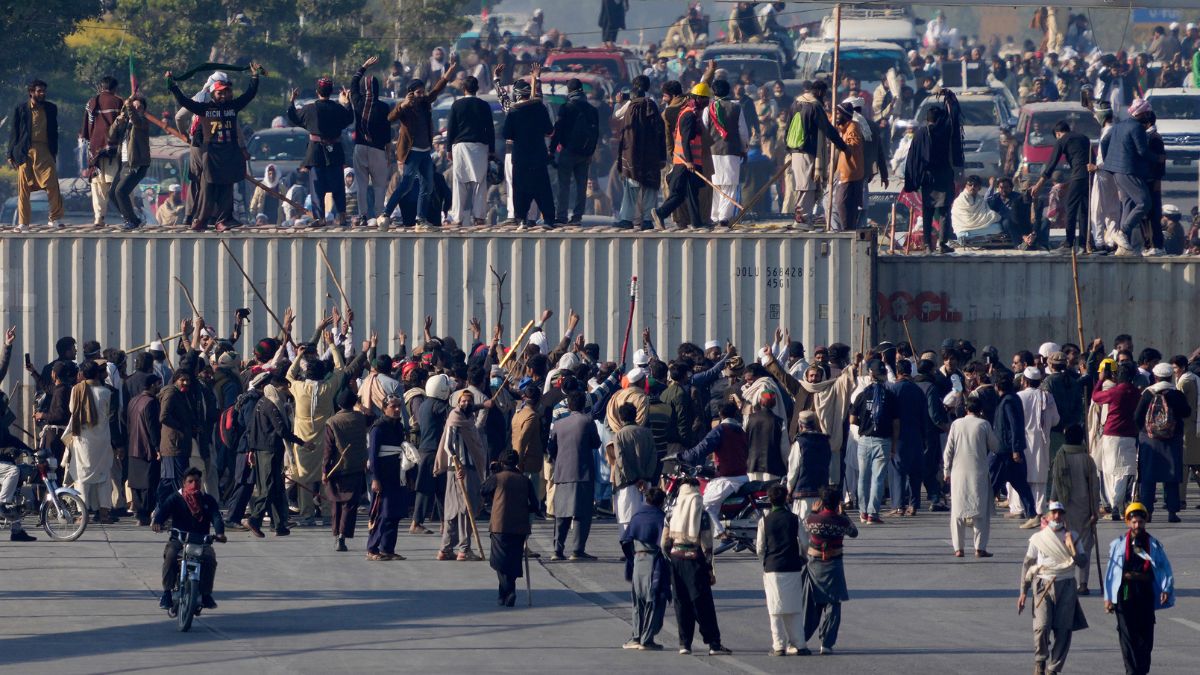)



)




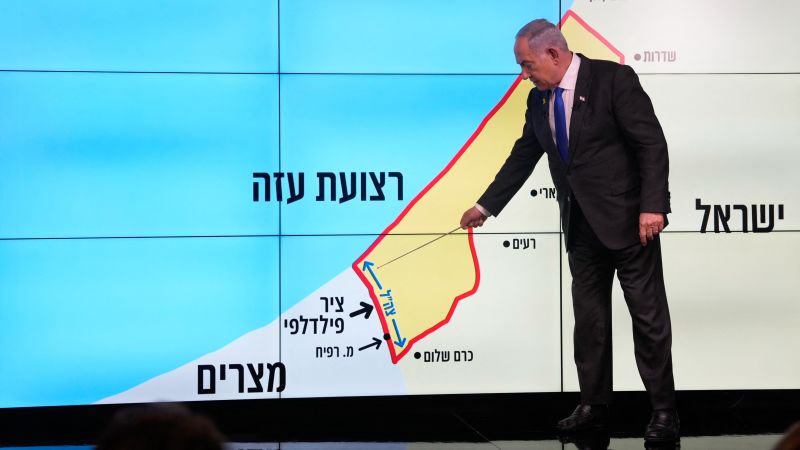


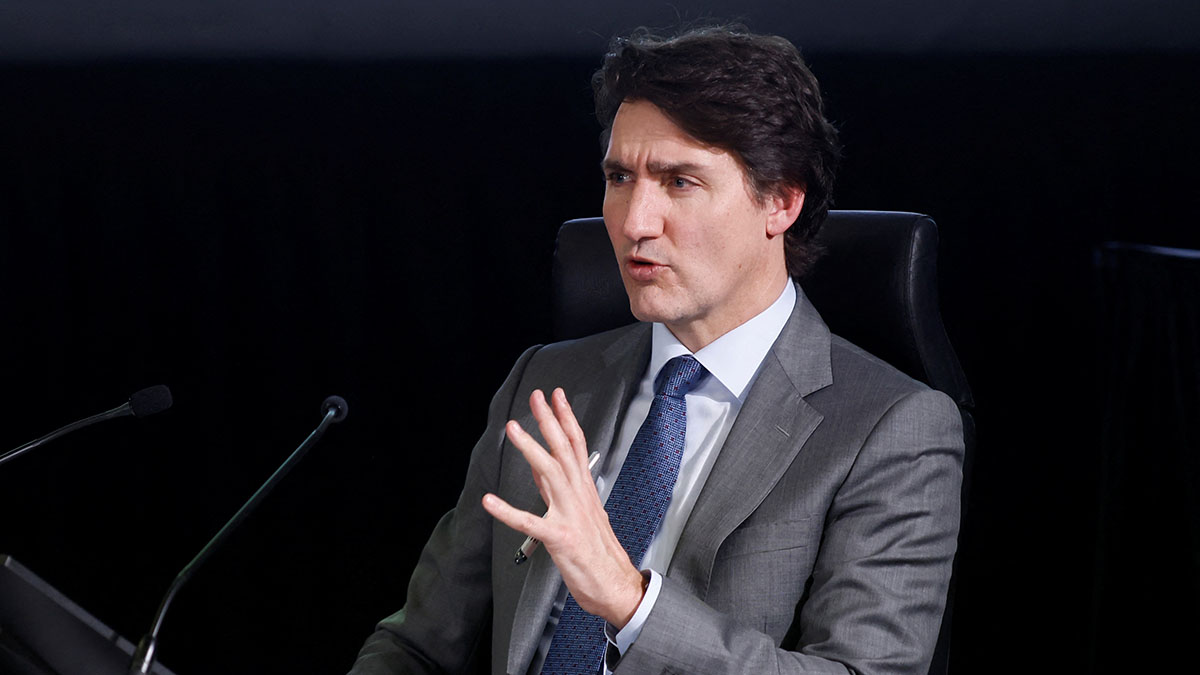)
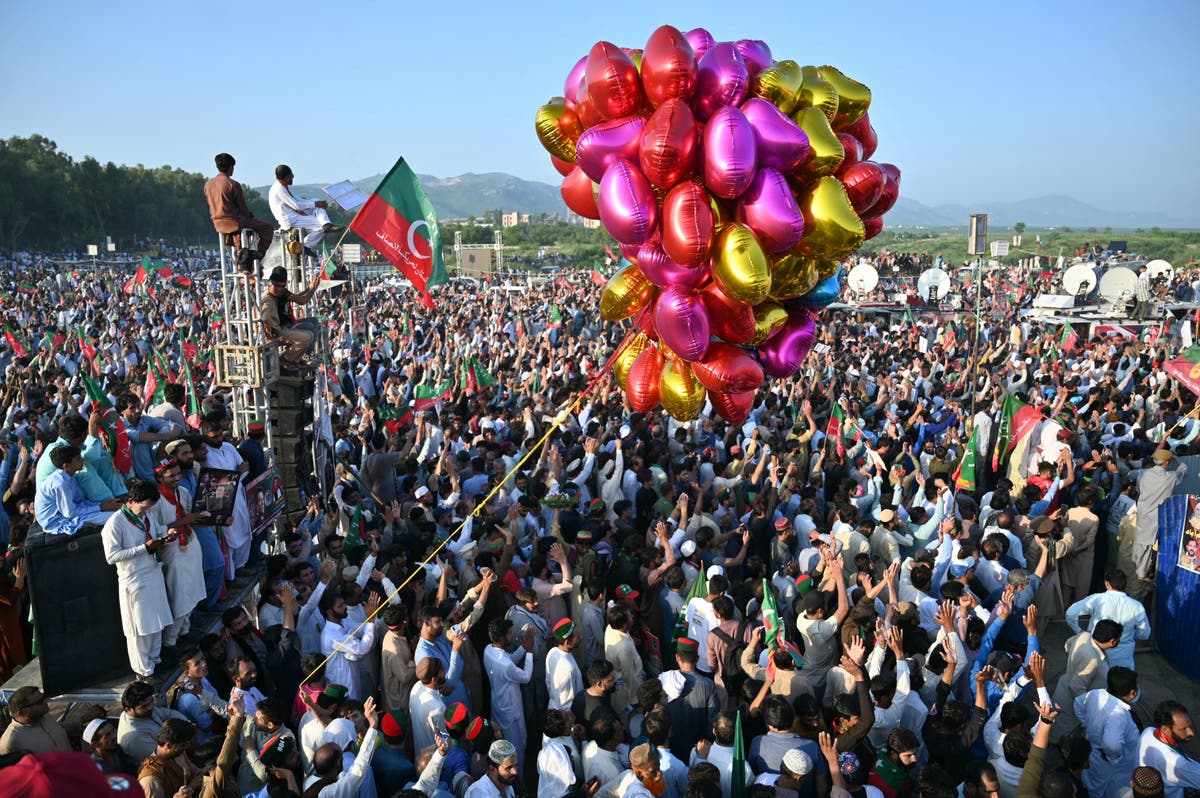
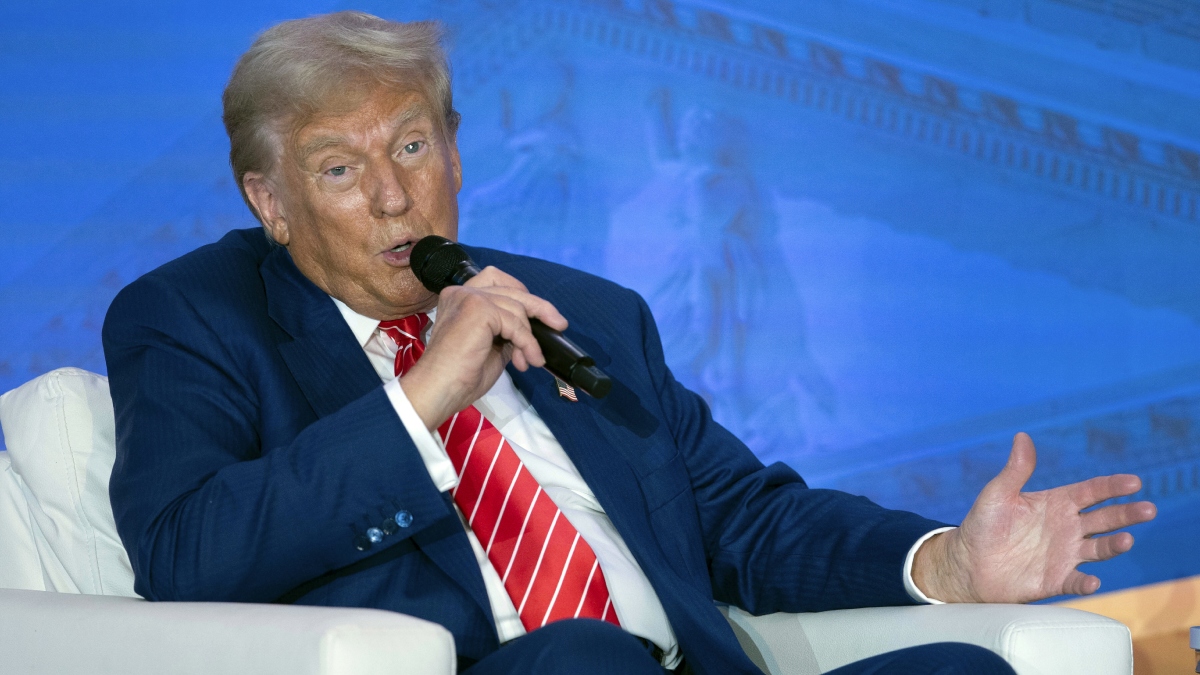
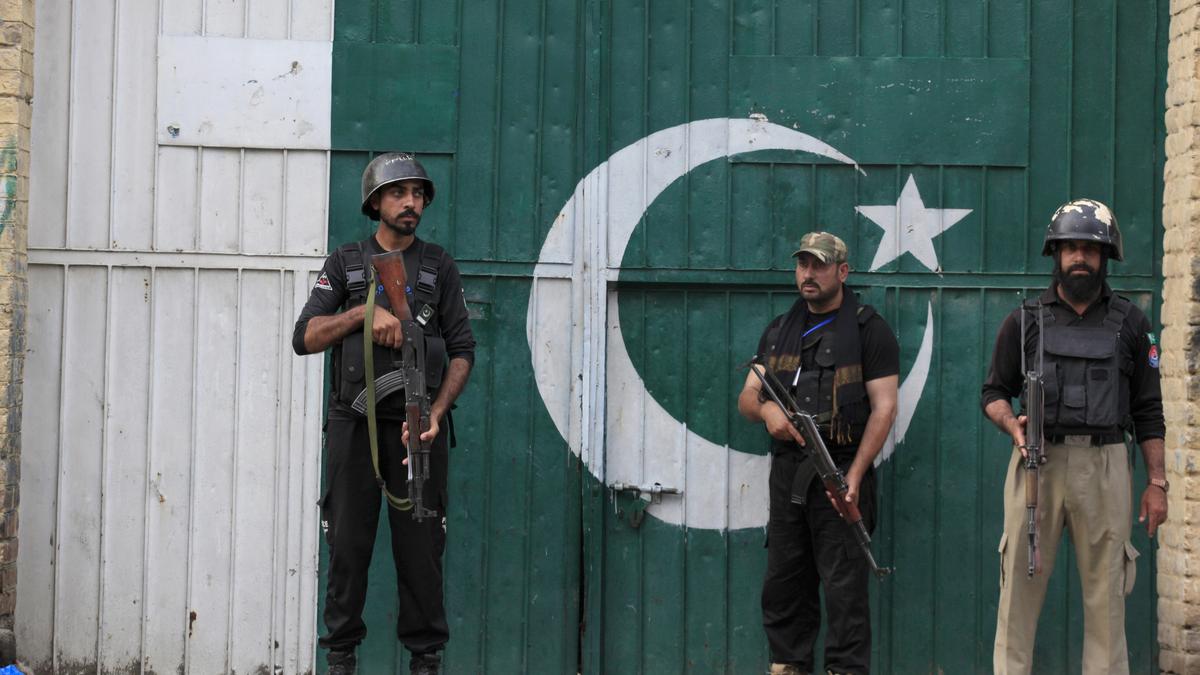
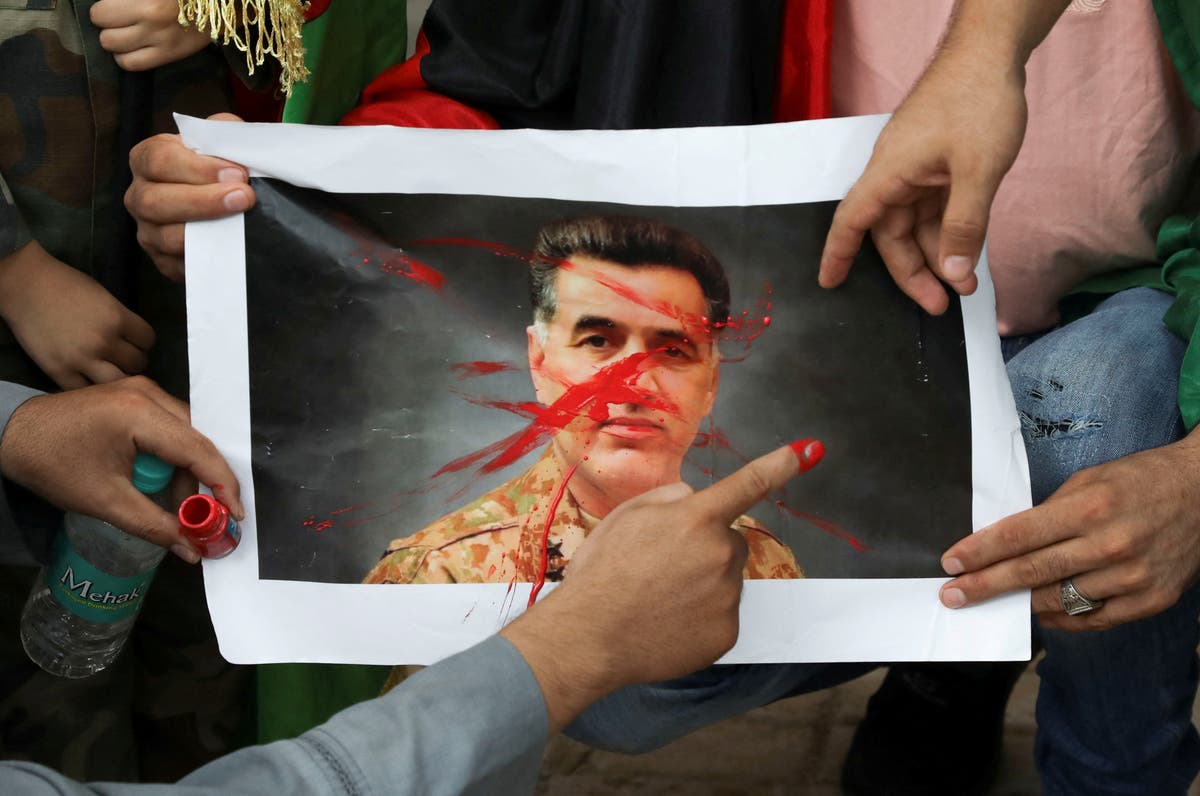
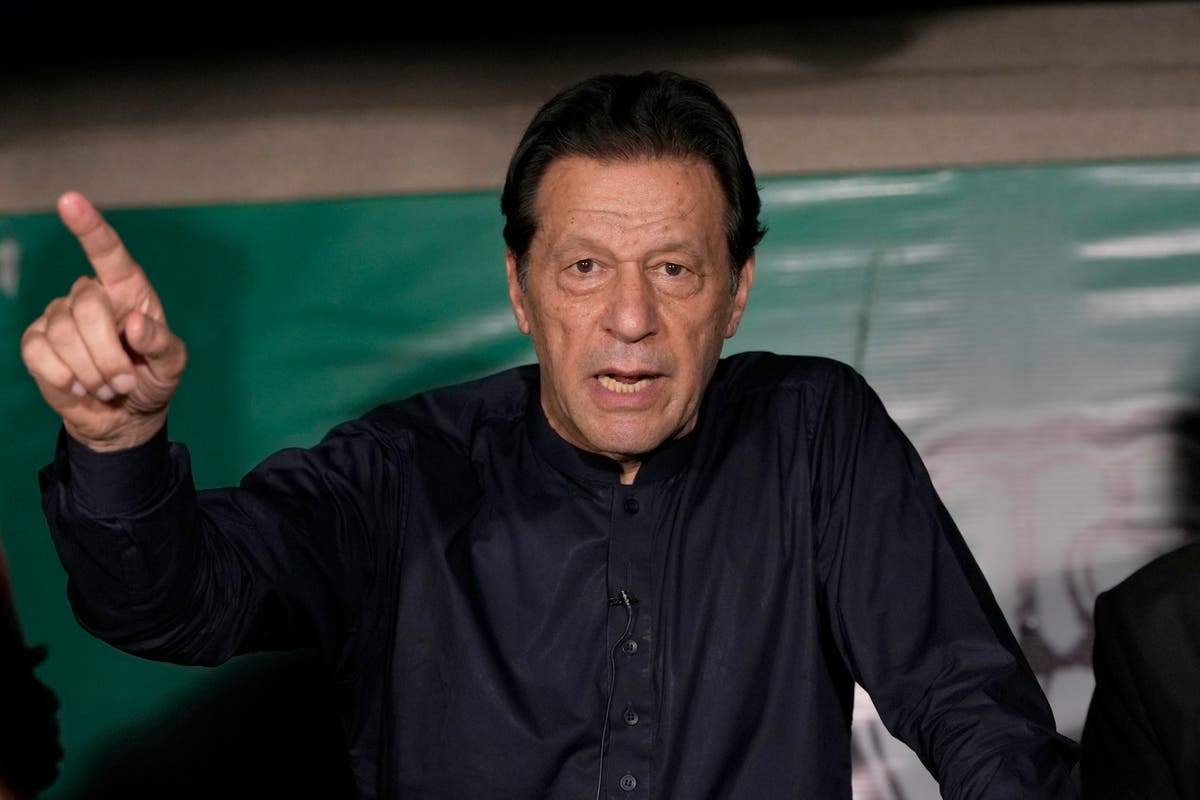
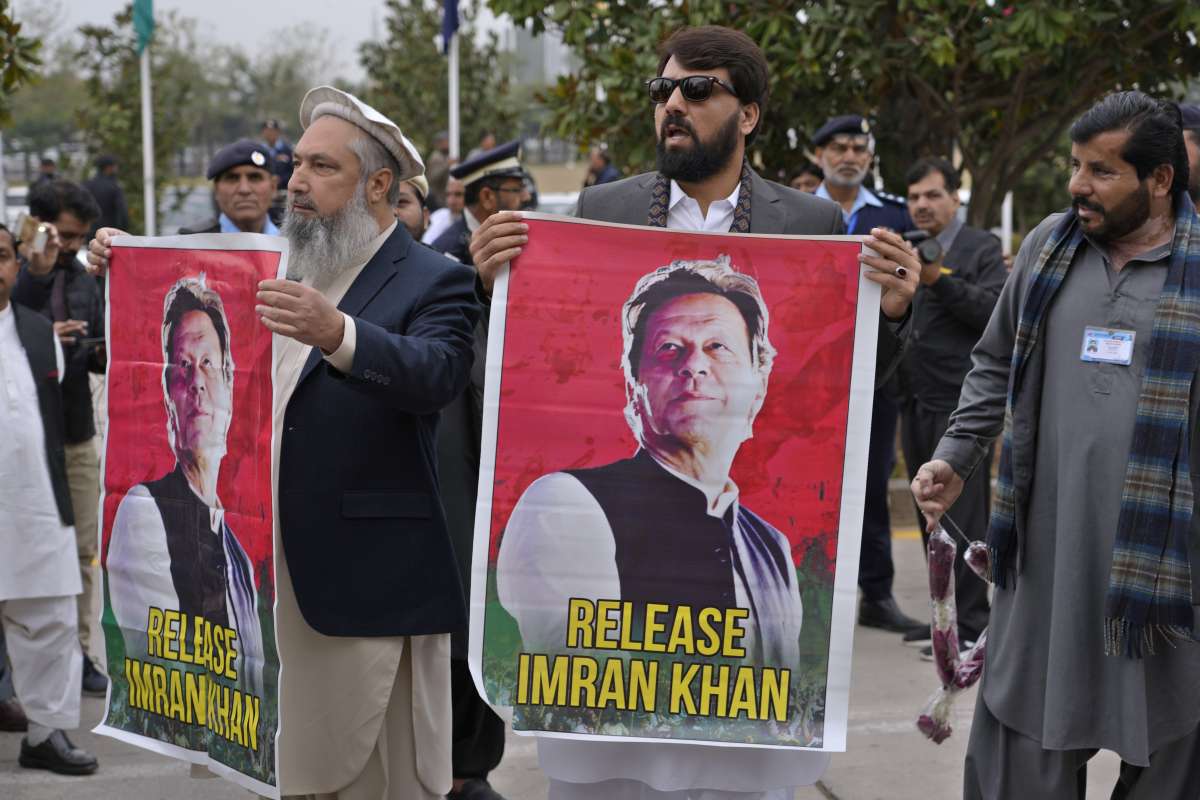



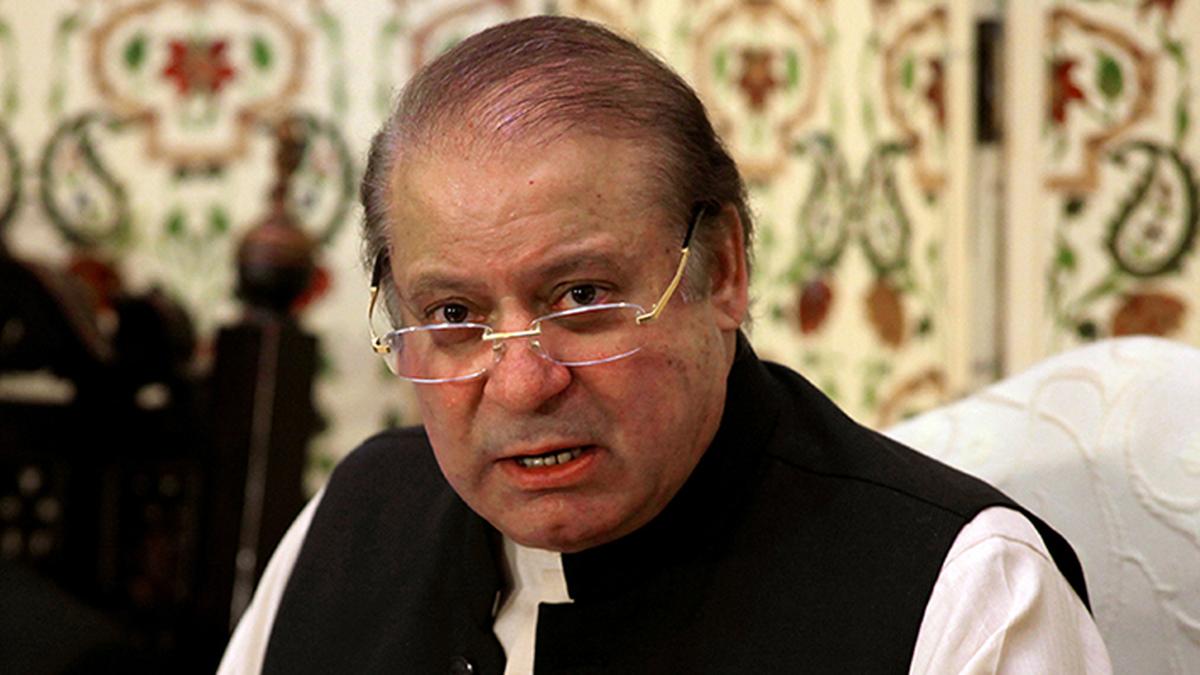
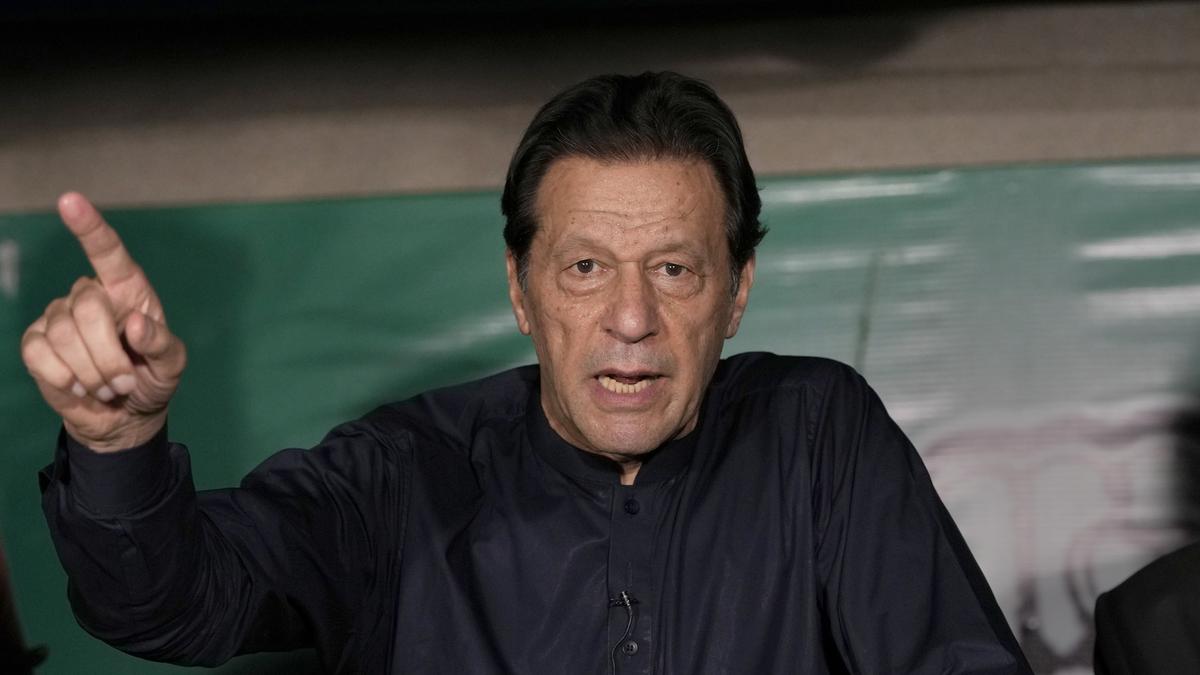

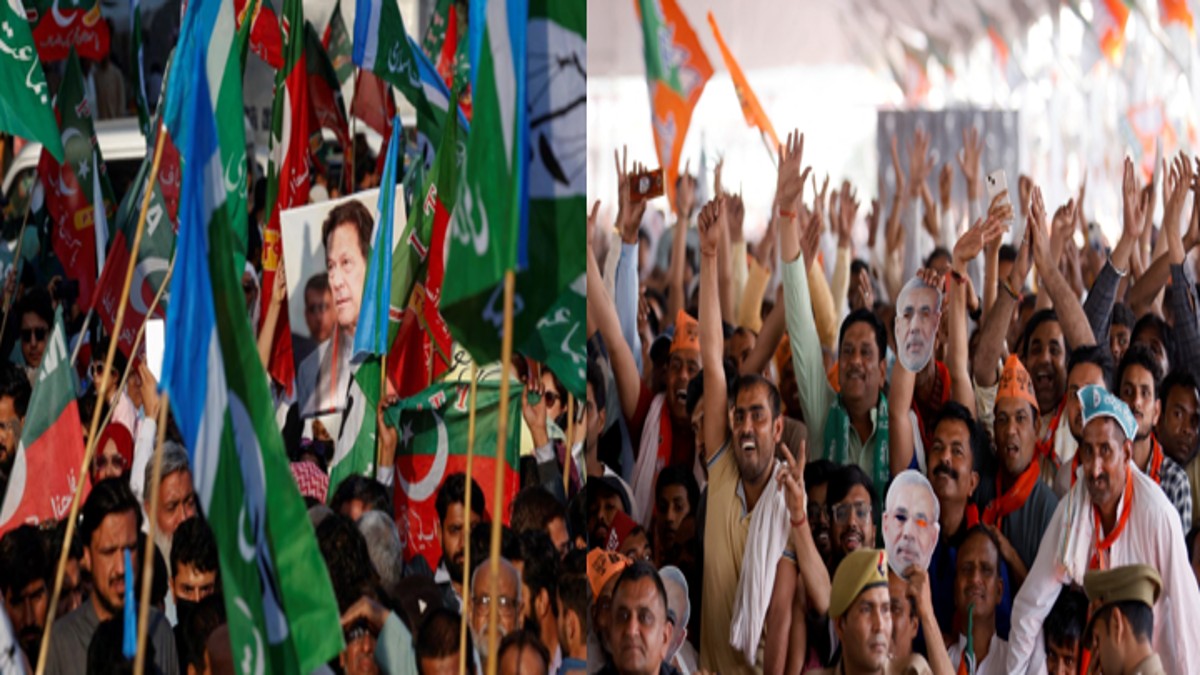)

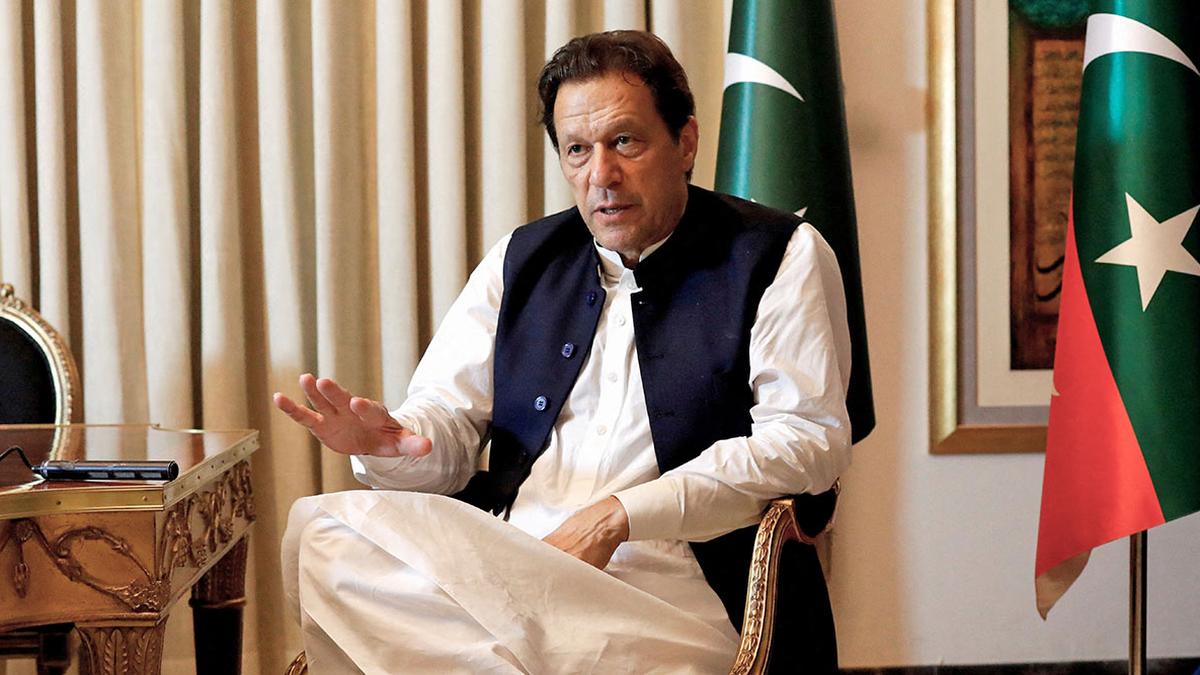

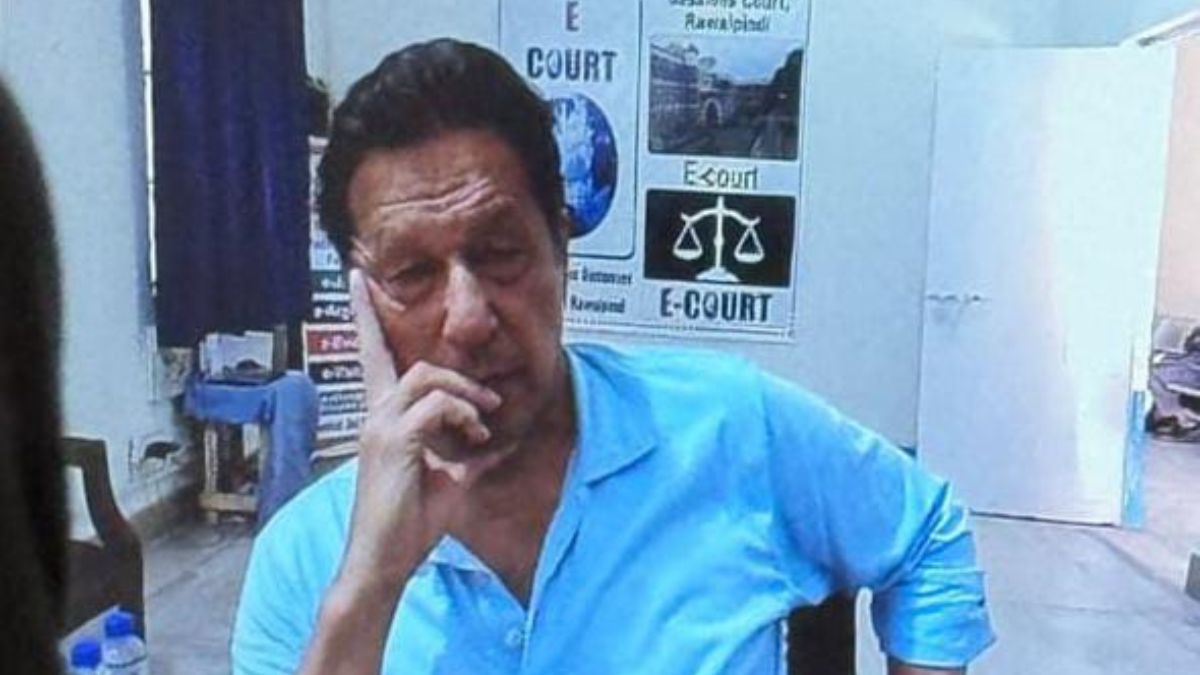




)
